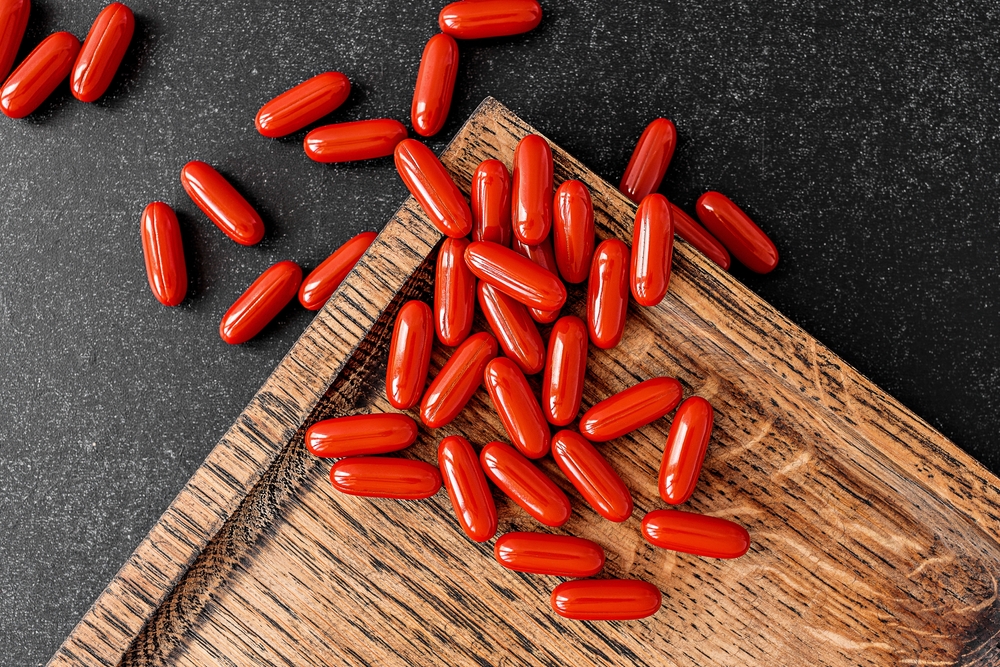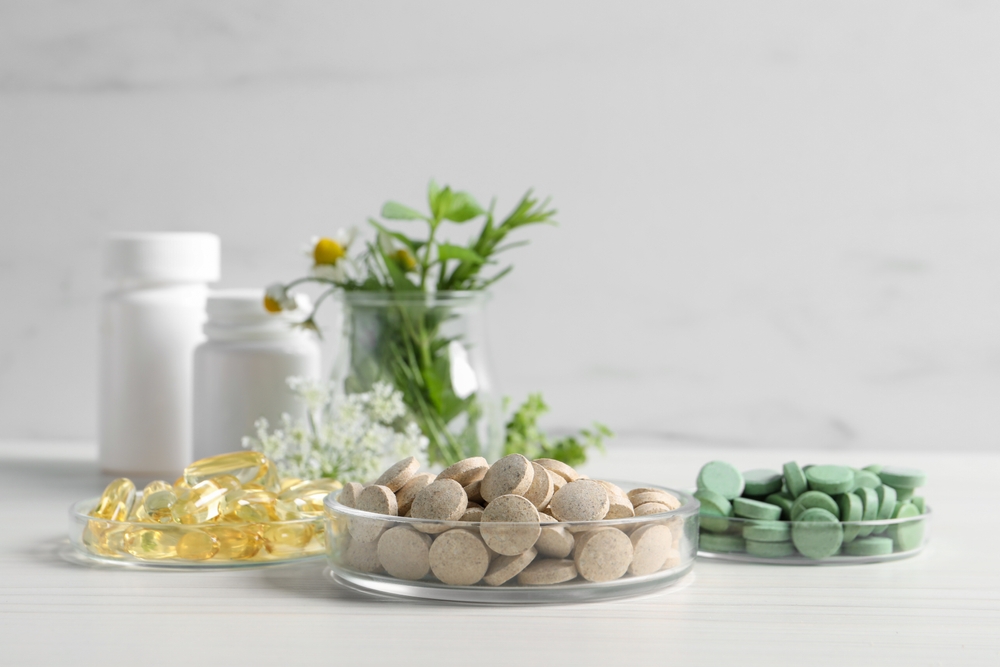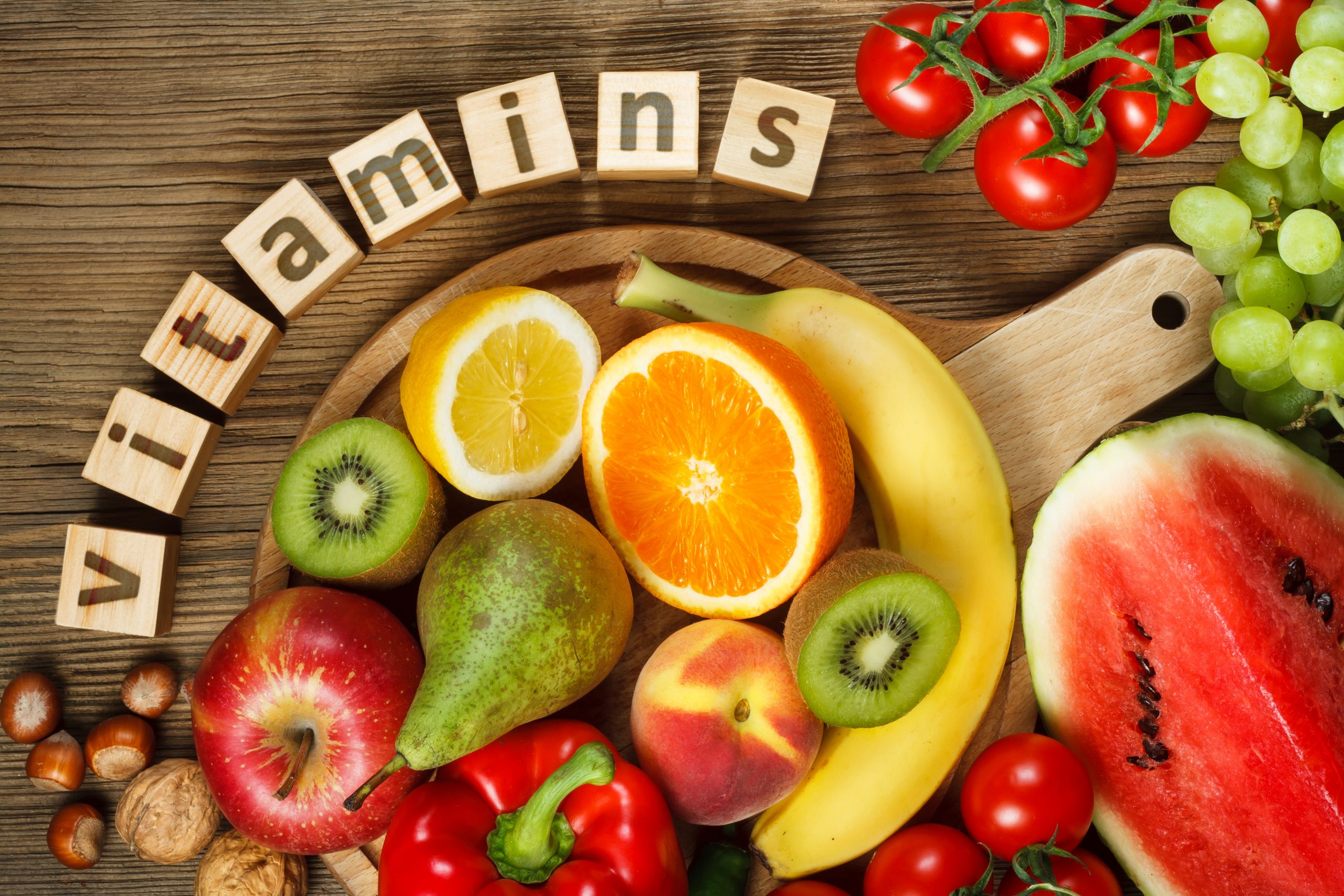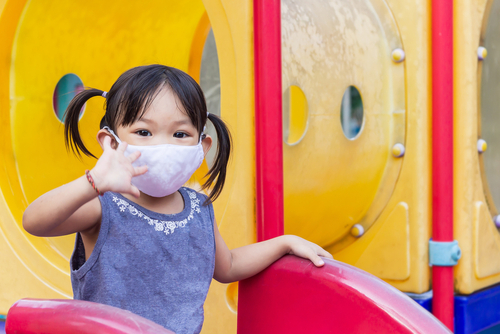WORDS LIM TECK CHOON
 FEATURED EXPERT FEATURED EXPERTGINA KOAY Community Pharmacist City Wellness Pharmacy |
LET’S TALK ABOUT UBIQUINOL
What is it and what does it do?
- Ubiquinol is a form of coenzyme Q10, a substance naturally found in our bodies.
- It acts as an antioxidant that helps to protect our cells from damage.
- It also plays a role in energy production within our cells.
- Studies suggest that ubiquinol also plays a role in supporting heart health and reducing one’s risk of heart failure.
Where can one obtain ubiquinol?
- Diet. Good sources include oily fish such as salmon and tuna, organ meats such as liver, and whole grains.
- It is also produced by our body. However, as we age, the amount produced begins to decrease.
DOES UBIQUINOL SUPPORT OUR COGNITIVE HEALTH?
A study, of which the data was published in 2024, suggested that a daily dose of 100mg of ubiquinol may enhance cognitive health in older adults.
Benefits observed throughout the study included improvements in memory, attentiveness, and work processing ability in middle-aged and elderly people.
More about this study
- Involved 90 adults aged between 50 and 83, monitored over a period of 34 weeks.
- These participants were administered a daily dose of 100 mg of patented bioidentical ubiquinol ingredient made from a fermented yeast process.
- Their cognitive performance was meticulously evaluated using established neuropsychological tests.
UBIQUINOL COULD BE BENEFICIAL TO MALAYSIA’S AGEING SOCIETY
The statistics
- According to the Statistics Department, Malaysia will have an ageing population of 5.6 million, or 15% of the total population, by 2030.
- The number of elderly persons with dementia is estimated to reach 353,000 cases in 2030.
Can ubiquinol be beneficial to the elderly population?
Gina Koay, a community pharmacist, tells us that these findings continue to support the role of ubiquinol in maintaining cognitive health, cardiovascular health and general well-being.
“As we age, the decline in cognitive function is a cause for concern as it impacts a person’s memory, recall, and processing, causing a decline in quality of life,” she says.
She then adds: “It is promising that supplementation can provide an option for those looking to maintain their cognitive health and support brain function as they age.”
References:
- Kinoshita, T., Shirakawa, H., Handa, E., Hino, M., Hashimotob, Y., & Maruyama, H. (2021). The effects of ubiquinol (reduced form of coenzyme Q10) on memory, attentiveness, and work processing ability in healthy middle-aged and elderly residents – a randomized, double-blind, placebo-controlled trial. Japanese pharmacology and therapeutics, 49, 1739-1747.
- Mutalib, Z.A., Ismail, M.F., & Miskiman, N. (2020). Spatial analysis: Ageing population of multi-ethnic in rural area, Malaysia. Retrieved June 25, 2024, from https://www.unescap.org/sites/default/files/70_Spatial_Analysis-Ageing_Population_of_Multi-ethnic_in_Rural_Area_Malaysia.pdf





 DR LIM YIN SEAR
DR LIM YIN SEAR